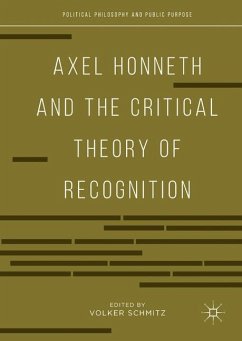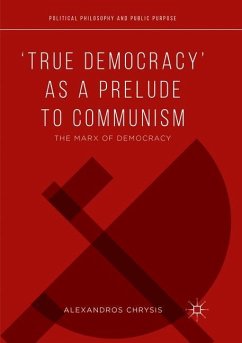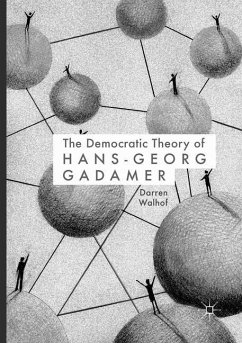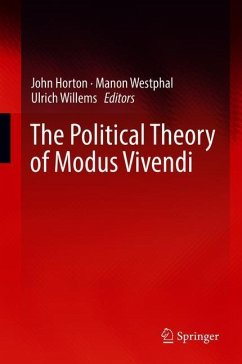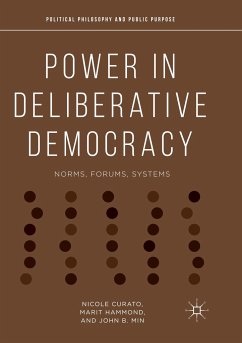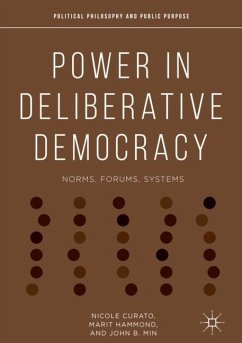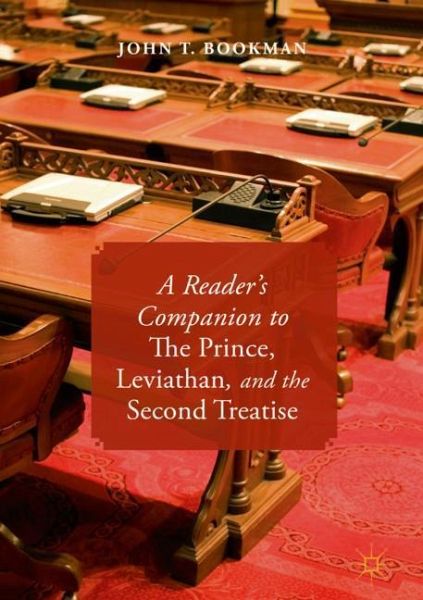
A Reader's Companion to The Prince, Leviathan, and the Second Treatise

PAYBACK Punkte
27 °P sammeln!
Machiavelli, Hobbes, and Locke each sought a new foundation for political order. This book serves as a reader's companion to Machiavelli's The Prince, Hobbes's Leviathan, and Locke's Second Treatise written for graduate students and scholars seeking a fuller understanding of these classic texts. How do these philosophers respond to perennial questions such as why anyone is ever obligated to obey a government and whether there are any limits to such an obligation. In this book, Bookman begins by sorting out the hermeneutical controversy between textualists and contextualists, offers a chapter-b...
Machiavelli, Hobbes, and Locke each sought a new foundation for political order. This book serves as a reader's companion to Machiavelli's The Prince, Hobbes's Leviathan, and Locke's Second Treatise written for graduate students and scholars seeking a fuller understanding of these classic texts. How do these philosophers respond to perennial questions such as why anyone is ever obligated to obey a government and whether there are any limits to such an obligation. In this book, Bookman begins by sorting out the hermeneutical controversy between textualists and contextualists, offers a chapter-by-chapter commentary on the texts punctuated by questions for the reader's reflection, and finally suggests a firmer foundation for a theory of political obligation than Hobbes's and Locke's consent theories. Also included are bibliographical essays keyed to select bibliographies, providing readers with a wide-ranging, critical reviewof the secondary literature. Intended to be read alongside the primary work, the work is a full intellectual, critical, and bibliographical history, as well as a fresh examination of three classic texts in political theory and philosophy.







